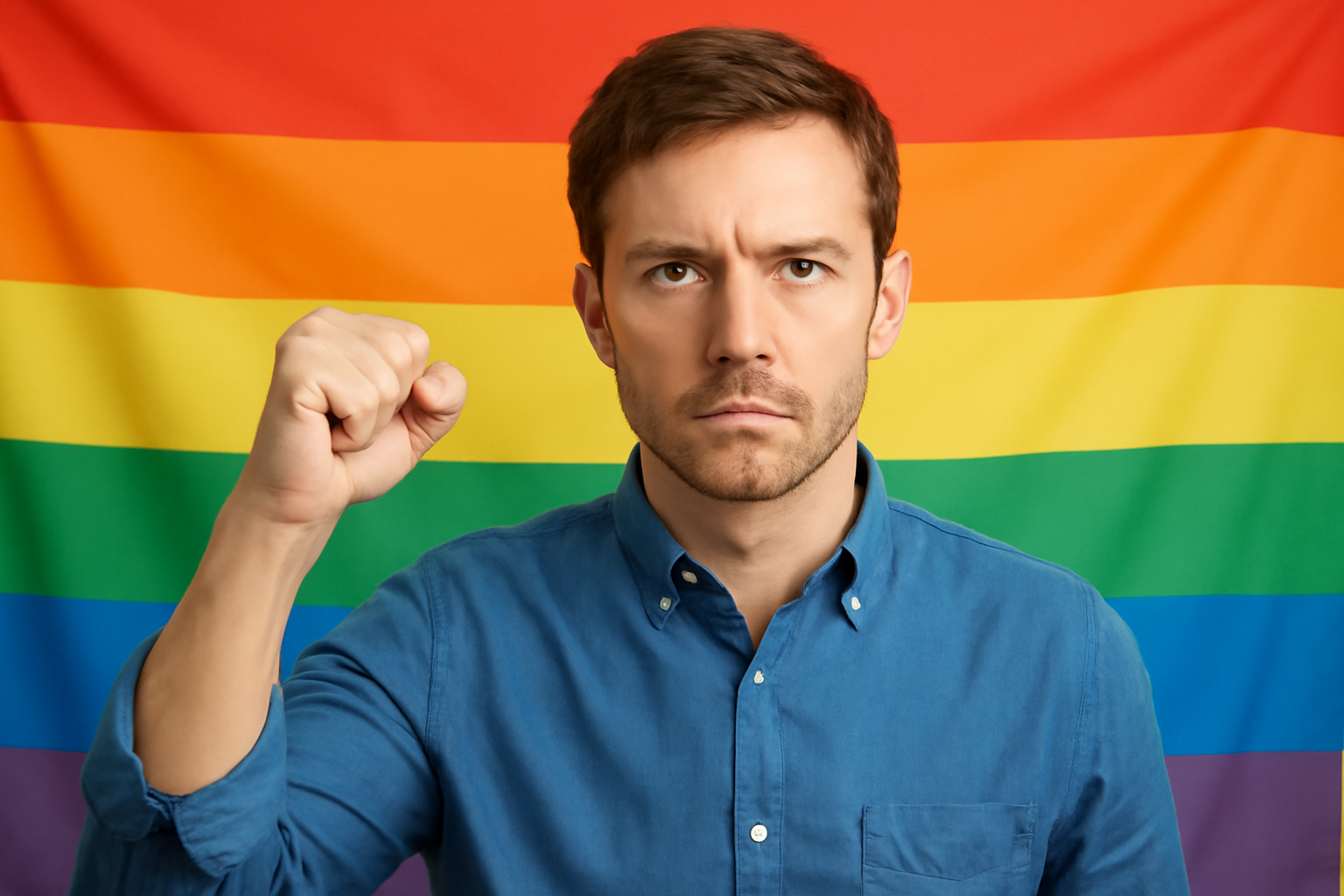
In recent years, the political landscape has been fraught with challenges that test the very fabric of our democratic institutions. The notion that a president may act with impunity, shielded by the power of the office, is a dangerous precedent that must be addressed. This sentiment echoes a notorious claim made by a past U.S. president, Richard Nixon, who suggested that presidential actions were inherently legal due to the power of the presidency itself.
Donald Trump, following a similar line of thinking, has sought to dismiss charges related to election interference, citing presidential immunity. However, this argument was firmly rejected by Judge Tanya Chutkan in December 2023, who declared that no president is above the law, a sentiment that resonates with the bedrock principles of our Constitution. Judge Chutkan's ruling emphasized that former presidents do not possess any special conditions that exempt them from federal criminal liability.
The Supreme Court's Decision on Presidential Immunity
Despite these affirmations of accountability, a controversial decision by the Supreme Court in "Trump v. United States" on July 1, 2024, granted broad presidential immunity for actions deemed as exercising "core powers" of the presidency. This decision has sparked intense debate and concern, as the Court did not clearly define these "core powers," leaving significant room for interpretation and potential abuse.
During the Supreme Court hearings, questions arose regarding the extent of presidential authority, with hypotheticals posed about the use of military force against political adversaries. The implications of the Court's decision suggest a troubling expansion of executive power, raising fears of unchecked presidential authority that could undermine democratic principles.
Justice Sotomayor, in her dissent, warned of the dangers inherent in this new interpretation of presidential power, likening it to a "loaded weapon" for future presidents who might prioritize personal interests over national welfare. This decision, shaped by a Court composition influenced by Trump appointees, risks elevating the presidency to a status akin to a monarchy, eroding the checks and balances crucial to a functioning democracy.
Fueling the Flame of Democracy
In light of these developments, the responsibility falls to the public to uphold democratic ideals. The United States, as a democratic republic, relies on an informed and engaged citizenry to ensure that leaders are held to a standard that reflects the nation's core values. Throughout history, even in the most oppressive regimes, resistance movements have emerged to advocate for the people's rights against autocratic forces.
It is imperative for individuals and communities to find their roles in this collective effort, contributing their unique skills and strengths to the preservation of democracy. By drawing an analogy to the elements needed to sustain a fire—fuel, oxygen, and spark—we can understand the diverse contributions required to maintain a vibrant and equitable nation.
During Trump's presidency, the term "unprecedented" became commonplace, indicating the extraordinary nature of the challenges faced. As we navigate the aftermath of recent elections and prepare for future battles to safeguard our rights, we must remain vigilant and innovative in our approaches to defending our communities and institutions.
Charting a Path Forward
Our democratic institutions are only as strong as the commitment of "we, the people." By learning from past struggles and envisioning new strategies for advocacy and resistance, we can overcome the adversities that threaten our freedoms. As we emerge from the current political climate, let us look towards a future where we can unite under a shared vision of justice and equality.
To stay informed and engaged, consider subscribing to our newsletter, which offers insights and updates on the issues impacting LGBTQ+ communities and beyond. Together, we can ensure that our voices are heard and our rights protected in the face of ongoing challenges.
Related Posts
Triumphant Trans Woman Wins Legal Battle and Inspires Others to Stand Up for Their Rights
Breaking new ground: a landmark victory in transgender rights After battling in courtrooms and enduring endless challenges, Diana Portillo, a transgender woman, has secured a monumental victory in her decade-long fight against workplace discrimination. The result? Nearly $1 million awarded in a historic settlement. But this isn't just a win on paper—it represents a powerful precedent in combati [...]
Pride Month in Latin America: Protests and Demands for Equality
**Celebrating Pride and advocating LGBTQ+ rights in Latin America** Pride Month in Latin America was a lively mix where celebration met activism. Communities united, not just throwing a party but making a stand—demanding equality and pushing governments toward better protection and rights recognition. Throughout Latin America, pride events erupted in marches and cultural displays, each with a c [...]
Transgender Erasure Actions Implemented by National Park Service
```html Trump administration's impact on national park service and transgender recognition The Trump administration made notable moves in undermining transgender representation, which included directing agencies like National Park Service not include "T" and "Q" when they refered “LGBTQ” in any official communication. This move seems part a broader plan by this administration aimed at reducin [...]